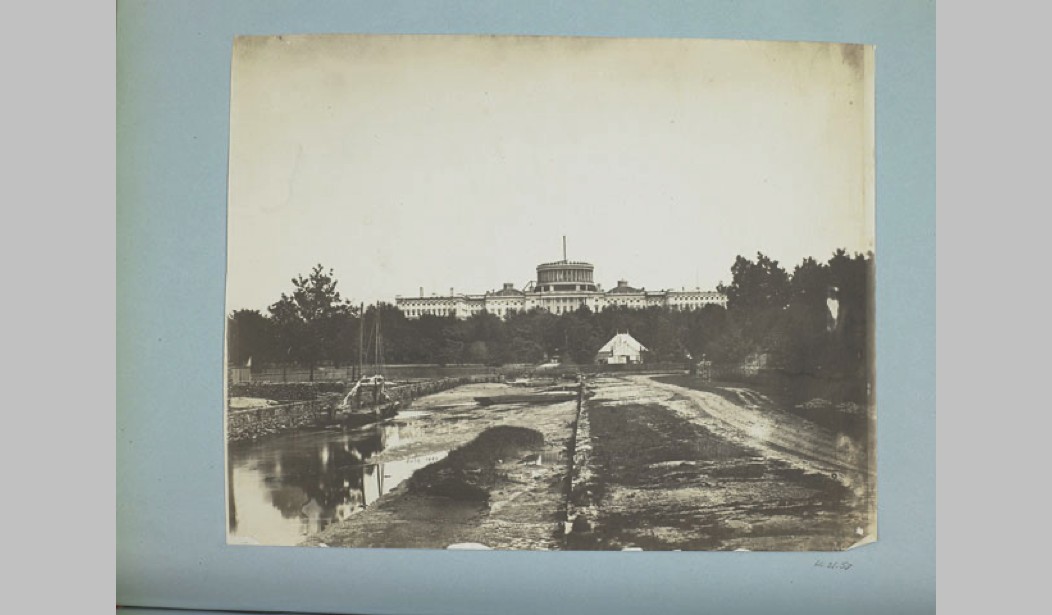During the Civil War, the sounds of cannon fire in Virginia could sometimes be heard on the construction site of the nation's new Capitol building. Work was halted as a precaution.
But President Lincoln ordered it resumed.
He said the immense building sitting on a hill in the District of Columbia was and would be a sturdy symbol of the enduring nation that Americans were struggling to preserve.
In fact, that very same Capitol building that Lincoln pushed toward completion through faith became such a powerful international symbol of freedom and the United States that it was the likely target of the 9/11 hijackers on United Flight 93.
That was the flight and mission that its 40 passengers and crew terminated by hijacking the hijackers in mid-flight. They sacrificed their lives to crash into a recovering strip-mine field near Shanksville, Pennsylvania. One afternoon during a rain shower, I sat on a bench there with a local ranger, and we stared together in silence at the immense blackened pit that had yielded few remains.
They are all part of our history now.
The tall, gangly Lincoln was 52 at the time and, at 6'4", our tallest president ever. He had little formal education but infinite common sense. And he knew from personal experience about endurance and sacrifice.
Lincoln was only the 16th president of only 33 newborn states. But he knew the Union's history. He knew the overwhelming odds and hardships that his countrymen had overcome and were enduring to found and preserve the then 84-year-old nation. He was determined to keep it going. And he, too, gave his life for that.
Now, as we mark the 248th July of the same nation, now a world power with 50 states and 10 times the Union's population, we find ourselves in another stormy time of uncertain politics, economics, and global adversaries. And shaky faith in our elected leadership in D.C. on that same Capitol Hill and in the White House.
Sadly, U.S. history is no longer a required core part of every young American's schooling, teaching them one-by-one, year-after-year, how fortunate they are to live in a special place that took so much work, sacrifice, and pain to build.
And how vital it is that they, too, work and sacrifice and endure pain to maintain and continue this remarkable human project in progress.
So, it's a good time to recall on our own the strength of remembering our history. That while, like Abraham Lincoln, we do not know the outcome of the country's current turmoil, we do know what has come before. And that gives us the wisdom and strength to know then that we, too, can endure and thrive.
No matter the passing doubts of this day. Or any other. That is what we discuss in this week's audio commentary.
There's been so very much written about the most recent presidential debate. In this week's Sunday column, I tried to examine it from a different angle. Hard to explain. But reader response was strong.
The most recent audio commentary concerned one of the most useless institutions in our government's public relations repertoire.
After you listen to this week's episode, you might want to hear more on the American spirit in these remarks by the late historian David McC:ullough.
And I also highly recommend Daniel Boorstin's trilogy — The Americans: The Colonial Experience, The National Experience, and The Democratic Experience.
He's a social historian. So, there's little on presidents and elections. But tons on how the country's most important social institutions evolved. Unions, businesses, national chains, Mother's Day. For instance, how the spread of railroads also drove the spread of standard time and personal watches.













